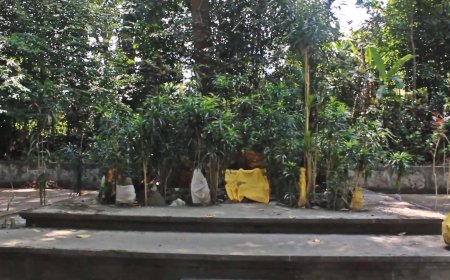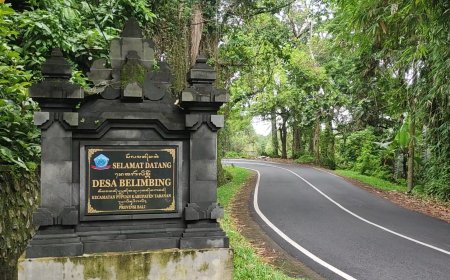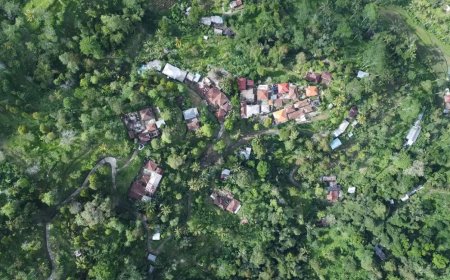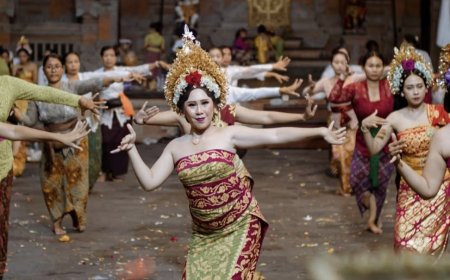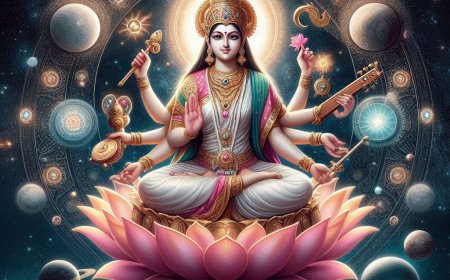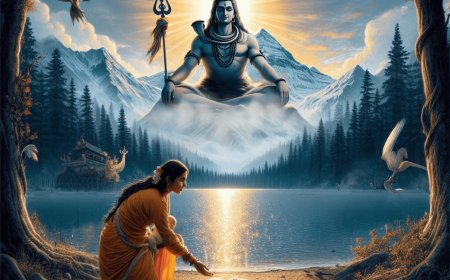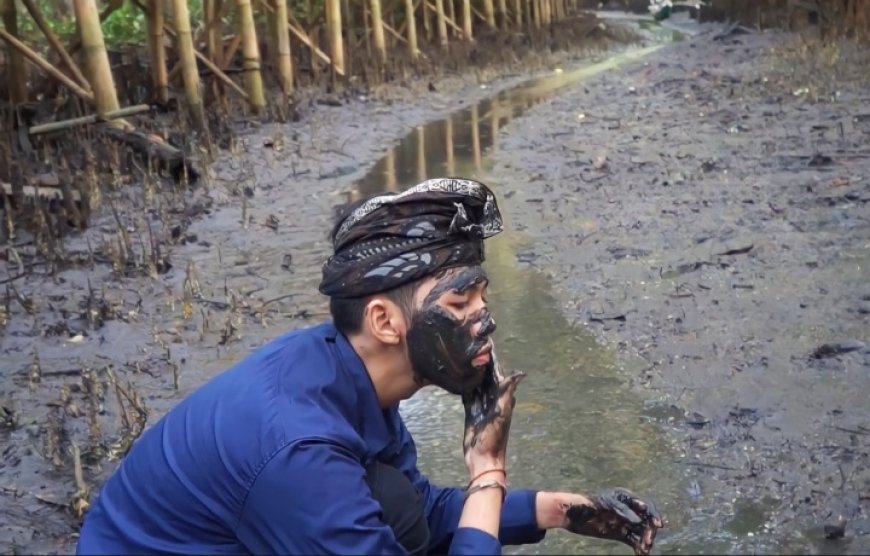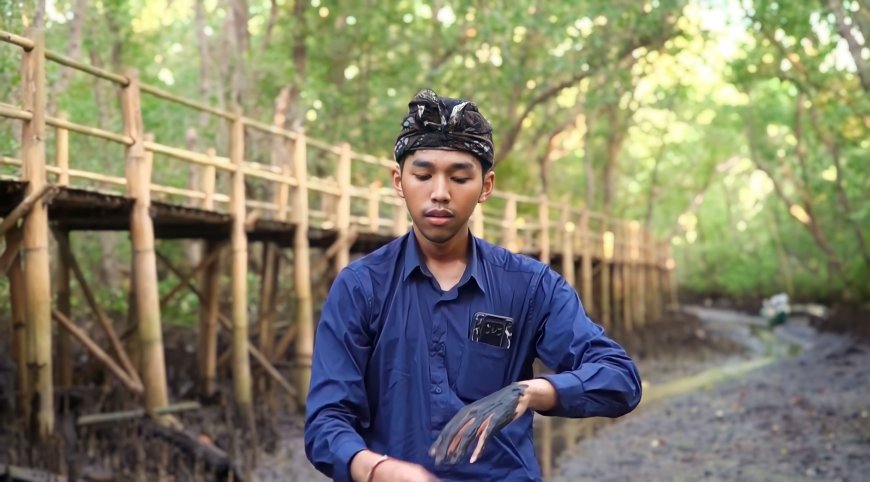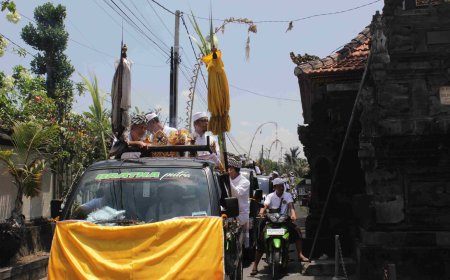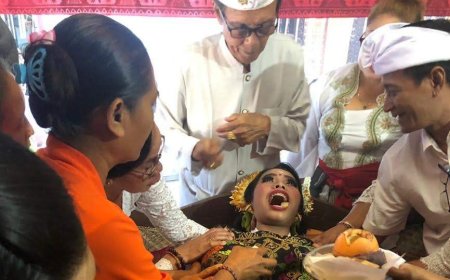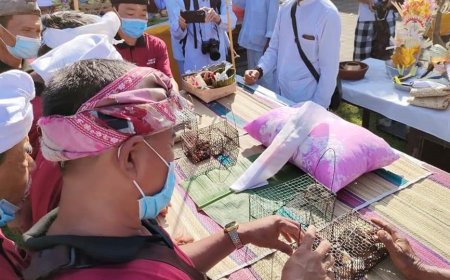Mabuug Buugan: The Charm of Mud Bath as Intangible Cultural Heritage
Bali Island not only captivates with its natural beauty but also celebrates the tradition of Mabuug Buugan, a Intangible Cultural Heritage in the Kedonganan Traditional Village. This mud bath reflects spiritual cleanliness and intergenerational closeness. Despite a pause due to the pandemic, Mabuug Buugan returned with enthusiasm. With the active participation and preservation efforts of the younger generation, this tradition has become a tourist attraction in Kedonganan, showcasing the uniqueness and local wisdom that makes it unforgettable.
Bali, a tourist destination that consistently captivates awe, not only enchants with its natural beauty but also carefully preserves valuable traditions that enrich its cultural heritage. One captivating celebration is Mabuug Buugan, a unique mud bath tradition that not only holds spiritual significance but also strengthens the community bonds in the traditional village of Kedonganan, Kuta District, Badung.
Mebuug Buugan, rooted in the Balinese word "Buug," meaning mud or dirt, goes beyond being a mere physical activity. Its philosophy is closely tied to the Nyepi festival, where the community of Kedonganan hopes to receive blessings from Ida Sanghyang Widhi Wasa for both worldly and spiritual well-being.
The Mebuug Buugan tradition, initially a folk game using mud as its medium, has evolved into a sacred ritual observed on Umanis Nyepi day by the villagers of Kedonganan. Despite facing interruptions around 1963 due to the eruption of Mount Agung, the continuity of this tradition has been revived with creativity and fervor.
On Ngembak Geni, a special moment affirming the desire of the village's younger generation to continue celebrating this tradition, Mabuug Buugan in the village of Kedonganan was revived after a two-year hiatus due to the Covid-19 pandemic. This tradition is not just a local festivity but has also gained national recognition as an Intangible Cultural Heritage by the Indonesian Ministry of Education and Culture since 2019.
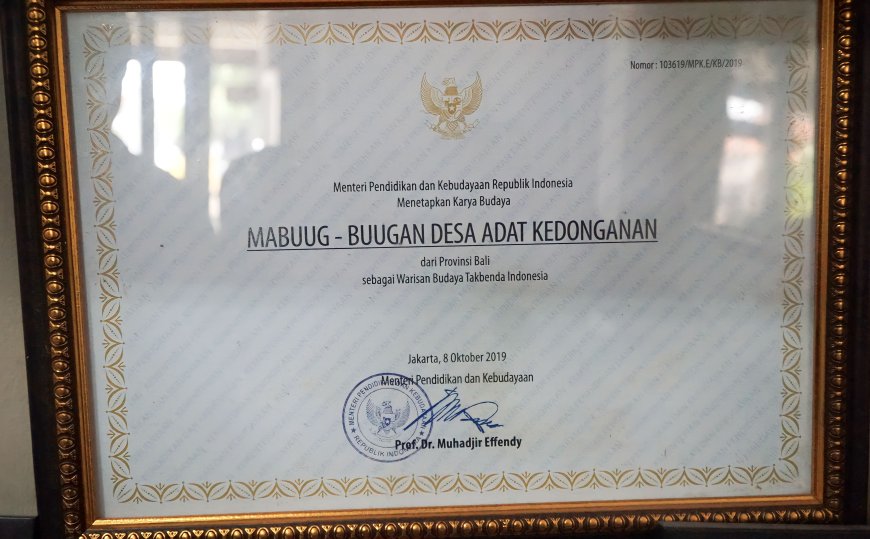
Certificate of Mabuug-Buugan as an Intangible Cultural Heritage (Photo Source: Personal Collection)
During its execution, Mabuug Buugan symbolically portrays individuals covered in mud as a representation of Bhuta or impurities clinging to the soul. Through this process, the community fervently prays and seeks purification from the power of the sea, known as Segara, reflecting the embodiment of Pemarisudha or perfection overcoming the forces of Bhuta within the physical realm or bhuana alit.
The enthusiasm of the younger generation and the villagers of Kedonganan towards Mabuug Buugan is striking. From ceremonies at Pura Dalem to playing in the mangrove forest mud and bathing in the sea, everything is carried out with exuberant spirit. The procession begins with a gathering at the Village Hall, then moves towards the eastern coast, with Pura Dalem as the starting point, where ceremonies are conducted to seek the protection of the Divine.
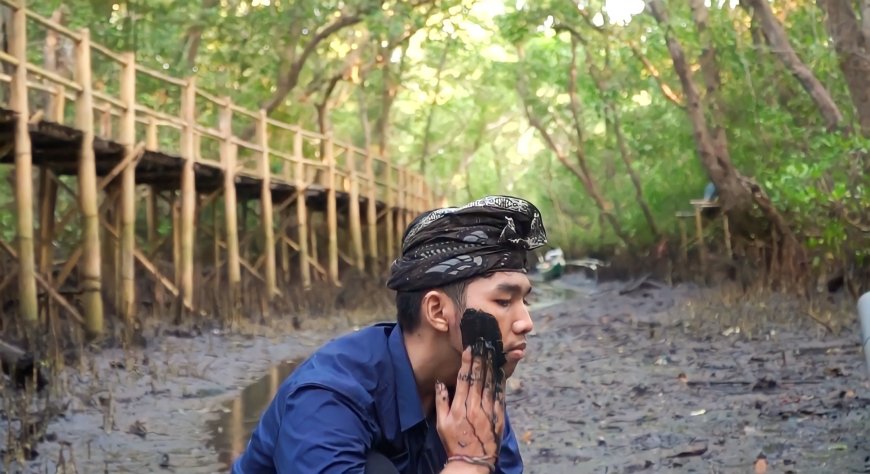
Mud Smearing Process (Photo Source: Personal Collection)
After smearing their bodies with mud in the mangrove forest, they then proceed to the western beach to bathe in the seawater, signifying both physical and spiritual purification. Mabuug Buugan becomes a moment of cleansing from all impurities within the body, an expression of gratitude to nature for its bountiful harvest, and a tribute to the beauty of cultural heritage.
In the era of globalization, efforts to preserve and promote Mabuug Buugan become crucial to ensure the continuity and appreciation of this intangible cultural heritage. Local government and cultural organizations must actively engage in educational campaigns and promotions to ensure that Mabuug Buugan continues to captivate both current and future generations.
With its unique charm, Mabuug Buugan has transformed the Kedonganan Village into a vibrant and appealing destination for both local and international tourists. As a continually evolving celebration, Mabuug Buugan brings hope and a sense of togetherness, enriching the exceptional cultural heritage of Bali.
The Mabuug Buugan tradition is more than just a local custom, it is a celebration of the distinctive local wisdom, implying a deep attraction rooted in Balinese culture. Amidst the mud puddles, one discovers not only the aspect of physical cleanliness but also experiences the purity of spirituality and the warmth of intergenerational relationships.
In the brilliance of this tradition, every curve of the mud reflects the spiritual richness and simplicity handed down from generation to generation. Mabuug Buugan is not merely a mud bath ceremony, it is a journey that illustrates life, replete with meanings and philosophies transcending the physical dimension.
The uniqueness of Mabuug Buugan as an intangible cultural heritage not only amazes at the local level but also celebrates global awareness of the urgency to care for the environment and preserve cultural heritage. Through the touch of sustainability and environmental preservation in this tradition, the Kedonganan Traditional Village brings forth inspiration that resonates with communities worldwide. Mabuug Buugan is not just a symbol of the beauty of Bali's nature, beyond that, it is a profound message about the importance of caring for and respecting cultural heritage and the environment, leading us all into an engaging journey of sustainable living on our shared world.
The sustainability of Mabuug Buugan is not solely the responsibility of the Kedonganan Village but also a precious heritage for the entirety of Indonesia. In this celebration, we not only revel in the flowing mud but also witness the richness and beauty of the culture that defines Bali's identity. Mabuug Buugan, a journey into the cultural wealth flowing through the mud, celebrating the enduring resilience and spirit of timeless Bali.
